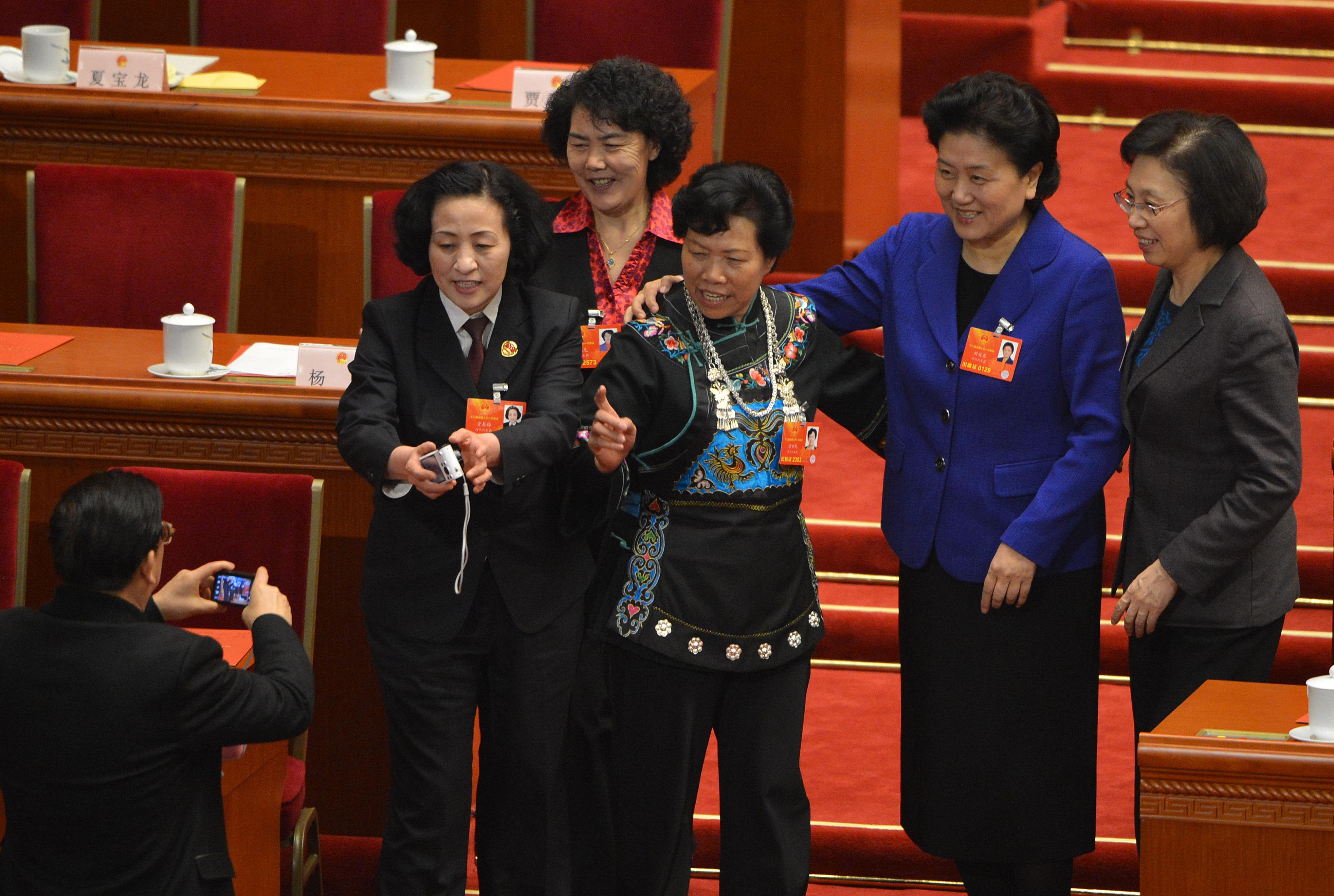Will electing more women to office make governments less corrupt? One new paper suggests in might—but the reason for that is not necessarily encouraging.
Previous research has suggested an association between a politician’s gender and their likelihood to engage in corrupt behavior. A World Bank study from 2001, for instance, found that “one standard deviation increase in [female participation in government] will result in a decline in corruption… of 20 percent of a standard deviation”. This perception has been behind some well-publicized campaigns, such as Mexico City’s plan to employ all-female traffic cops in some areas.
But the new study by political scientists Justin Esarey and Gina Chirillo of Rice University argues that this effect is highly dependent on institutional context. In a political culture “where corruption is stigmatized, women will be less tolerant of corruption and less likely to engage in it compared to men,” they write. “But if corrupt behaviors are an ordinary part of governance supported by political institutions, there will be no corruption gender gap.”
That could be because women face a different level of incentive to not be corrupt. Voters, in general, tend to punish female politicians more harshly for corrupt behavior, and their political positions in general are more tenuous. “When voters find out men have ethics and honesty issues, they say, ‘Well, I expected that,’” Celinda Lake, a U.S. Democratic party pollster told the New York Times last year. . “When they find out it’s a woman, they say, ‘I thought she was better than that.’ “
All this is to say, when you take consequences out of the picture, there’s not that much difference in behavior. Esarey and Chirillo describe an experiment conducted “in the United States and Burkina Faso where they found that, compared to men, women are equally likely to accept bribes in the absence of monitoring but are substantially less likely to accept bribes when being monitored.”
To measure how this plays out at a global scale, the authors compared autocratic countries, where corruption is generally more tolerated, to democracies, where it’s more likely to be punished at the ballot box. (It’s not a perfect split, obviously, there are plenty of corrupt democratic governments, but in general the trend holds true.)
They found that “there is little difference in corruption tolerance between men and women for countries that rank lowest on the Polity scale,” a popular measure of the level of democracy, but “in more democratic countries… men are considerably more tolerant of corruption than women.”
They also found that in 157 countries over a nine year time span, “female participation in government [was] unrelated to corruption in autocracies, but negatively related to corruption in democracies.”
So according to this logic, autocracies might actually be slightly more equitable on this score, albeit in a way generally damaging to society: they give women in government the opportunity to be just as corrupt as their male counterparts. Of course, another interpretation of this is that in autocracies, women feel more pressure to show they’re on the take.
